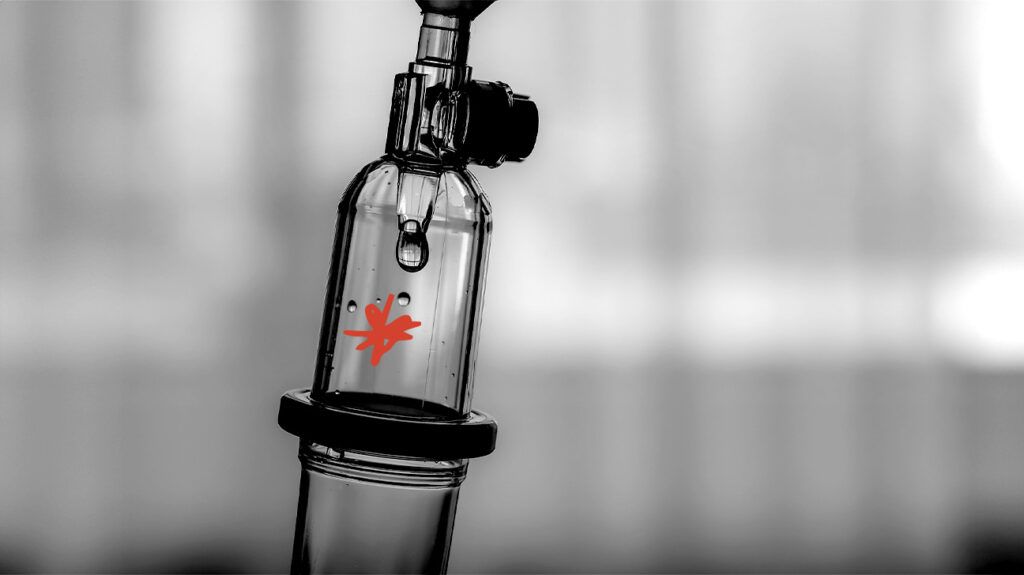Chemotherapy may lead to temporary or permanent male infertility.
Chemotherapy is a potent cancer treatment that involves drugs that target and destroy rapidly dividing cancer cells. Although it is highly effective in combating cancer, it can also cause significant side effects.
Chemotherapy drugs do not discriminate between cancer cells and other rapidly dividing cells in the body, including those in the male reproductive organs. These effects raise concerns about infertility among male individuals undergoing chemotherapy.
The potential for chemotherapy to cause infertility depends on various factors, including the type and dosage of drugs used and the individual’s age and overall health.
In this article, we look at how chemotherapy affects sperm count and testicular health and the options available for preserving fertility.
A note about sex and gender
Sex and gender exist on spectrums. This article will use the terms “male,” “female,” or both to refer to sex assigned at birth. Click here to learn more.

Chemotherapy can cause infertility in males by damaging the cells responsible for producing sperm. The extent of infertility varies depending on several factors,
- the type of cancer
- the type and dose of chemotherapy drugs
- the duration of treatment
- the individual’s age and overall health
- the time since cancer treatment
Some people experience temporary infertility, with sperm production resuming after treatment ends, while others may face permanent issues.
Learn more about chemotherapy.
Chemotherapy drugs target rapidly dividing cells, including cancer cells and the cells in the testes responsible for producing sperm. This
- reduction in sperm count
- issues with sperm motility
- atypical features in sperm size and shape
- changes in sperm’s genetic makeup
The effects on sperm and testes can also lead to hormonal imbalances, affecting overall reproductive health.
Testicular damage can cause temporary or permanent infertility, depending on the extent of the damage and how well the testes recover after treatment. Fewer than
Additionally, chemotherapy
Temporary infertility is a
Chemotherapy drugs
However, once treatment ends, sperm production may gradually resume. The timeline for recovery can vary and may take a few years, depending on the individual’s response to treatment and general health.
People who want to conceive can use regular semen analysis as a way to monitor recovery and determine when it is safe to attempt conception.
Permanent infertility occurs when chemotherapy causes irreversible damage to the testes, leading to a complete and lasting reduction in sperm production. It can result from high doses of chemotherapy or the use of specific drugs known to be particularly harmful to reproductive cells.
Research shows that
Before starting chemotherapy, males can
The most common method is sperm banking or sperm cryopreservation. It involves collecting sperm through ejaculation, which specialists will analyze, freeze, and store in a sperm bank. A person can later use the preserved sperm in assisted reproductive technologies (ART) such as intrauterine insemination (IUI) or in vitro fertilization (IVF).
Healthcare professionals may collect multiple samples over several days to ensure an adequate amount of sperm is available for future use.
If someone is unable to produce a semen sample or the sperm count is low, doctors may recommend testicular sperm extraction. This involves collecting sperm through a medical procedure and freezing it for the future.
Testicular tissue freezing is another, more experimental method that is an option for prepubescent males who cannot produce a semen sample. It involves surgically removing a small piece of testicular tissue that can produce sperm cells and freezing it for future use. The goal is to reimplant the tissue or use it to generate sperm in the laboratory once the individual wants to pursue parenthood.
Before beginning chemotherapy, individuals need to consider the potential effects on their fertility and explore preservation options. Consulting with a fertility specialist can provide valuable information and guidance.
Additionally, understanding the specific chemotherapy plan and its side effects, planning for financial costs, and arranging for support during treatment are essential steps in preparing for the journey ahead.
People can find it difficult to cope with infertility. Seeking support from mental health professionals, joining support groups, and communicating openly with partners and loved ones can help manage the emotional effects.
Developing a support network and finding healthy ways to process feelings are crucial for navigating this challenging aspect of cancer treatment.
Assistance is available for individuals facing infertility due to chemotherapy. Healthcare providers, fertility specialists, and support groups can offer guidance, resources, and emotional support.
For help and information, a person can contact Resolve, the National Infertility Association.
Chemotherapy can significantly affect male fertility, potentially causing temporary or permanent infertility.
Understanding the effects of chemotherapy on the reproductive system, exploring preservation options, and seeking support are crucial steps for those undergoing treatment.
By taking proactive measures and accessing available resources, individuals can better manage the challenges relating to infertility and maintain hope for their reproductive future.
